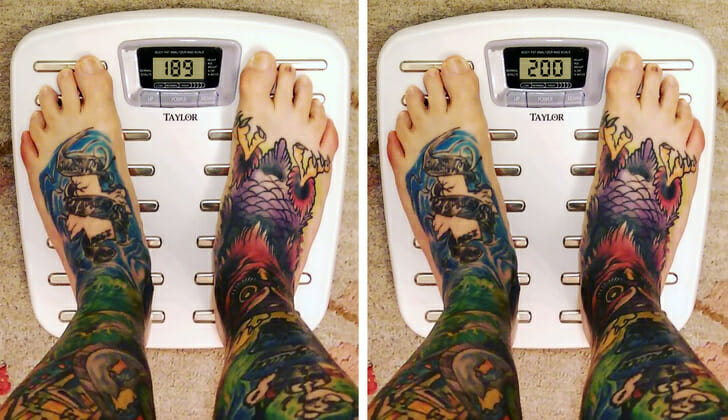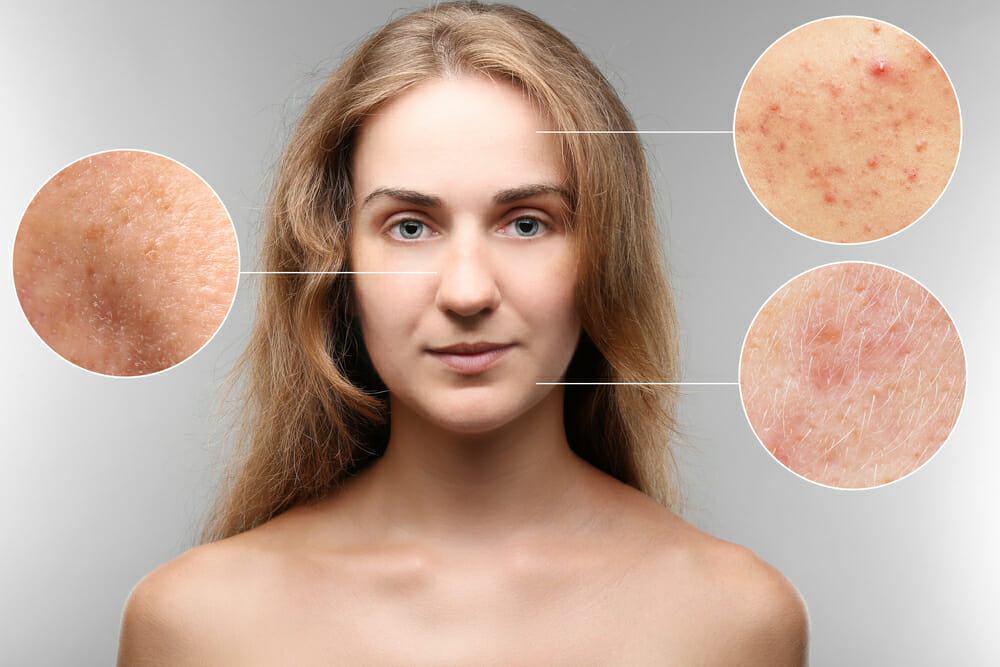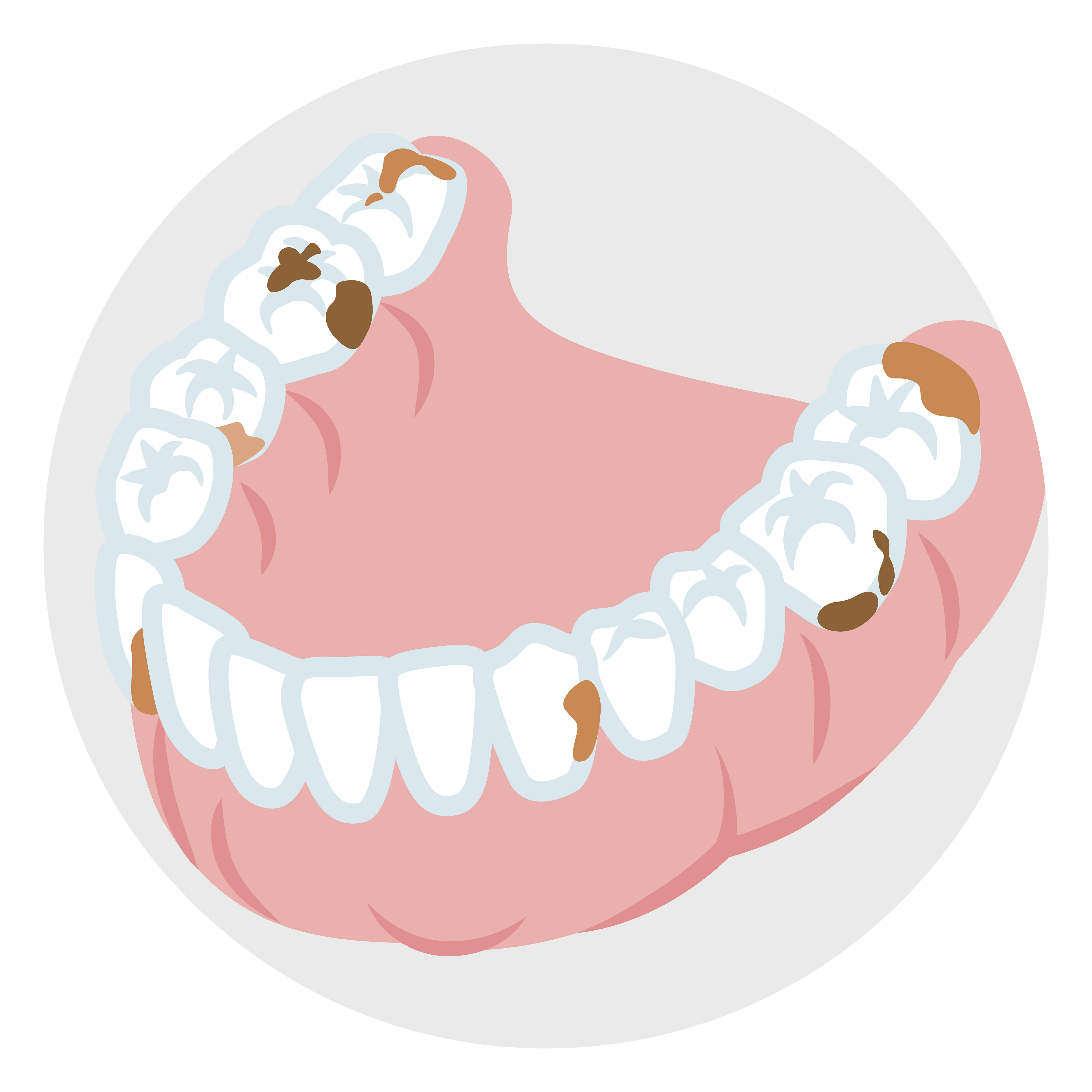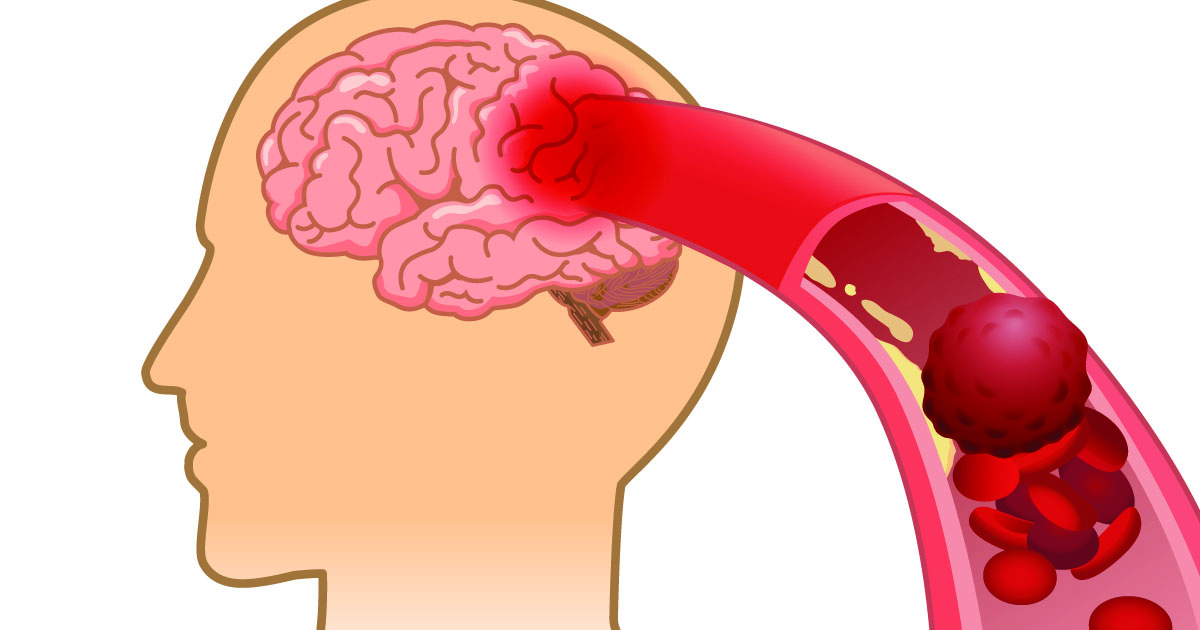Gluten intolerance is often described as a silent killer, as it can cause chronic damage to the body, often without people knowing it.
What is gluten intolerance exactly?
Celiac disease or gluten intolerance means your body cannot tolerate gluten proteins. These are found in wheat, rye, and grains.
It can cause inflammation in the small intestine because your body is not absorbing nutrients as it should.
Is gluten intolerance a trend?
As gluten intolerance has become more common in recent years, some people wonder if gluten-free eating has become a trend.
While gluten intolerance is a real problem, MindBodyGreen claims that more people are self-diagnosing themselves as gluten intolerant than actually getting tested.
Sales of gluten-free food are expected to decrease in the coming years, however.
9 signs that you are intolerant to gluten
1. Gastrointestinal tract problem

One of the most common symptoms of untreated gluten intolerance is diarrhea, constipation, and gastrointestinal gas.
People often confuse these problems with other diseases, ignoring the fact that they may be intolerant to gluten. Patients may also be misdiagnosed with irritable bowel syndrome.
Studies have shown that 10 to 15% of the world’s population suffers from this condition.
Of course, these misdiagnoses can lead to people who are sensitive to gluten not receiving the right advice or treatment, exacerbating the problem.
2. Unexpected weight changes

Gluten intolerance can lead to both weight loss and weight gain without a clear explanation.
3. Unexplained headaches
Did you know that many people undiagnosed with gluten intolerance suffer from headaches?
These can last 30 to 60 minutes after eating the “wrong” food. Pay attention to the effects of your diet!
4. Hormonal disorders

There is a direct connection between gluten intolerance and hormonal disorders. These can appear in the form of irregular menstrual cycles, sudden weight fluctuations, PMS, and sleep disorders, among many others.
If gluten intolerance is the cause, it can worsen during puberty, pregnancy, or menopause. It goes without explanation that these symptoms primarily occur in women.
5. Central nervous system problems
Gluten intolerance can also lead to inflammation and irritation of the intestines. As a result, symptoms of gluten sensitivity can also cause attention deficit, depression, anxiety, insomnia, and fatigue. People with gluten intolerance often feel irritable and quickly lose their concentration.
According to information from a study, people with gluten intolerance are more likely to complain of migraines.
The cause of headaches can vary, but as mentioned earlier, headaches can often occur about half an hour after consuming something your body shouldn’t.
6. Skin and nails

Skin problems can be directly linked to gluten intolerance. Do you have itching on your hands, breasts, face, buttocks, elbows, or hairline?
These symptoms are often associated with eczema or psoriasis, but can also be caused by celiac disease. Another sign can be weak fingernails.
With a gluten-free diet, these symptoms can often disappear within a year.
7. ADHD
Another disorder that can sometimes be attributed to gluten intolerance is ADHD, the well-known hyperactive attention deficit disorder.
According to research, evidence of a link between ADHD and celiac disease is strong. Children and adults with undiagnosed gluten sensitivity seem to have a higher risk of ADHD compared to the general population.
8. Poor teeth

In case of gluten intolerance, the absorption of necessary minerals by the intestines is affected.
This also applies to calcium, where the results can possibly cause problems with your teeth, such as hypersensitive tooth enamel, cavities, and fever blisters.
If you take good care of your teeth but seem to have these symptoms, it might be due to gluten intolerance.
9. Iron deficiency
Iron deficiency means that the body’s iron stores are not what they should be. This is because iron is absorbed by the intestines.
Therefore, untreated celiac disease can cause iron deficiency and vitamin deficiencies in both adults and children.
How to treat gluten intolerance?

- Get tested. Your doctor will take blood or a sample of your intestines through a gastroscopy. Prior to the test, you must include gluten in your diet to avoid inaccurate results.
- Eliminate gluten from your diet. Gluten can be found in:
- wheat
- rye
- bulgur wheat
- flour
- many other foods
Always check the composition of all products you buy.
Have you experienced the above symptoms as well?
Let us know in the comments and please share this article to warn others!




